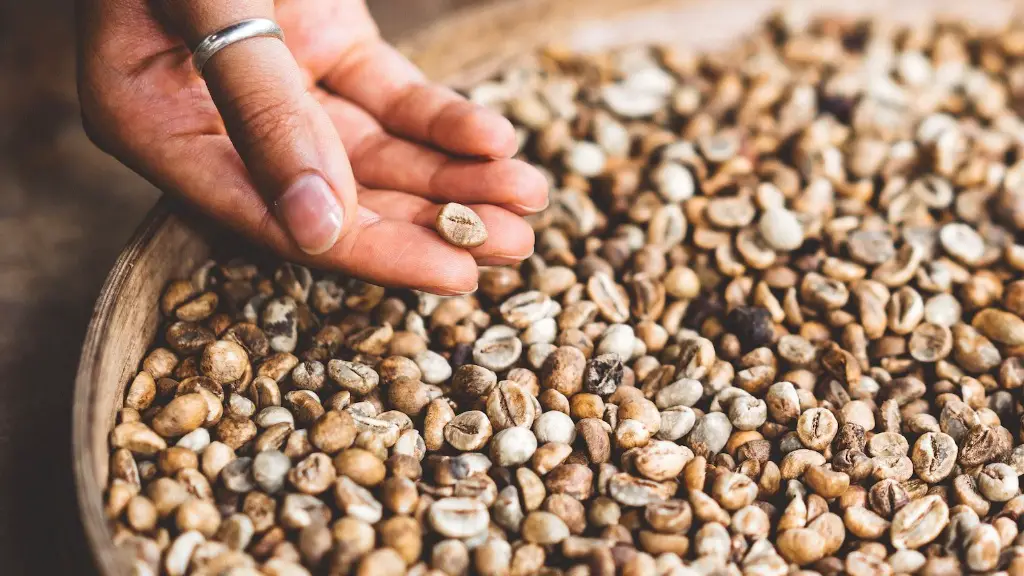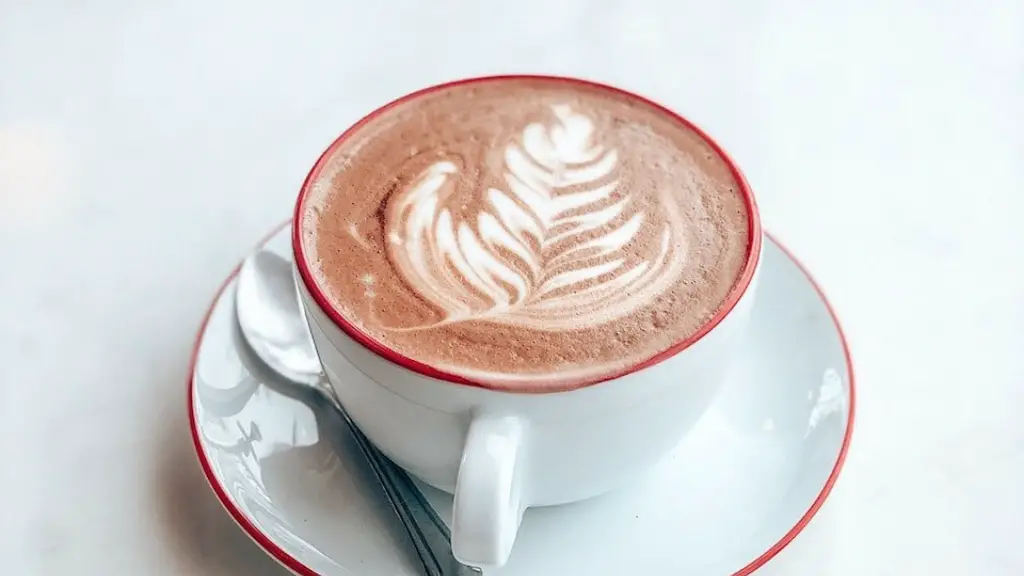Drinking coffee can be good for you, from helping with sleep to reducing the risk of diabetes and heart disease. But for some people, it can also trigger unwanted feelings of anxiety and nervousness. Why does this happen?
According to research, the caffeine in coffee can interfere with the body’s natural production of the hormone cortisol. Cortisol is a stress hormone that helps the body cope with stress and can increase feelings of anxiety. Studies have also suggested that drinking coffee increases the activity of certain neurotransmitters, such as norepinephrine, in the brain which can then increase the feeling of anxiety.
Drinking too much coffee can also disrupt the body’s production of other hormones that regulate the body’s stress response, such as dopamine and serotonin. When these hormones are out of balance, it can cause feelings of anxiety and nervousness in some individuals; however, this is not the case for everyone.
The amount of coffee an individual needs to drink before it triggers feelings of anxiety can also vary. Some people may only need to consume a small amount, while for others, it may take a much larger quantity. Additionally, how a person metabolizes caffeine can also affect how quickly and how intensely their body responds to it.
It is important to understand why coffee makes you feel anxious so that you can make more informed decisions about how much you should drink. If you find that it continues to trigger unwanted feelings, you can try limiting your coffee intake or trying different types of coffee that have less caffeine. If that doesn’t help, you may want to talk to your health care provider to investigate why this could be happening to you.
Identifying signs and symptoms of coffee induced anxiety
Some signs and symptoms of coffee induced anxiety include heart palpitations, irritability, restlessness, difficulty concentrating, sweating and headaches. If you experience any of these signs or symptoms after drinking coffee, it is important to reduce your caffeine intake. If you are concerned about the level of anxiety you are feeling, you should talk to your health care provider to discuss other treatments that may help.
Managing coffee induced anxiety
If you’re finding that coffee triggers feelings of anxiety and nervousness, there are ways to manage it. First, try to limit the amount of caffeine you consume each day. If that doesn’t help, you can try different brewing methods to reduce the amount of caffeine in your coffee, such as cold brew or French press. Additionally, there are also several supplements, such as ashwagandha or lemon balm, that can help reduce anxiety.
The effects of coffee on mental health
Many people drink coffee to improve their focus and alertness, but if it’s causing anxiety, it may be better to avoid it. There is also some evidence that overconsumption of caffeine can worsen symptoms of depression and anxiety in some people. If you are experiencing signs or symptoms of depression or anxiety and have been drinking a lot of coffee, it might be time to cut back.
Effects on physical health
In addition to its psychological effects, drinking too much coffee can also have physical effects. Excessive amounts of caffeine can disrupt sleep and cause headaches, palpitations, digestive upset and dizziness. If you find that coffee is causing any of these symptoms, it is best to reduce or eliminate your consumption. Additionally, it is important to make sure you are getting enough sleep and that you are eating a healthy, balanced diet.


